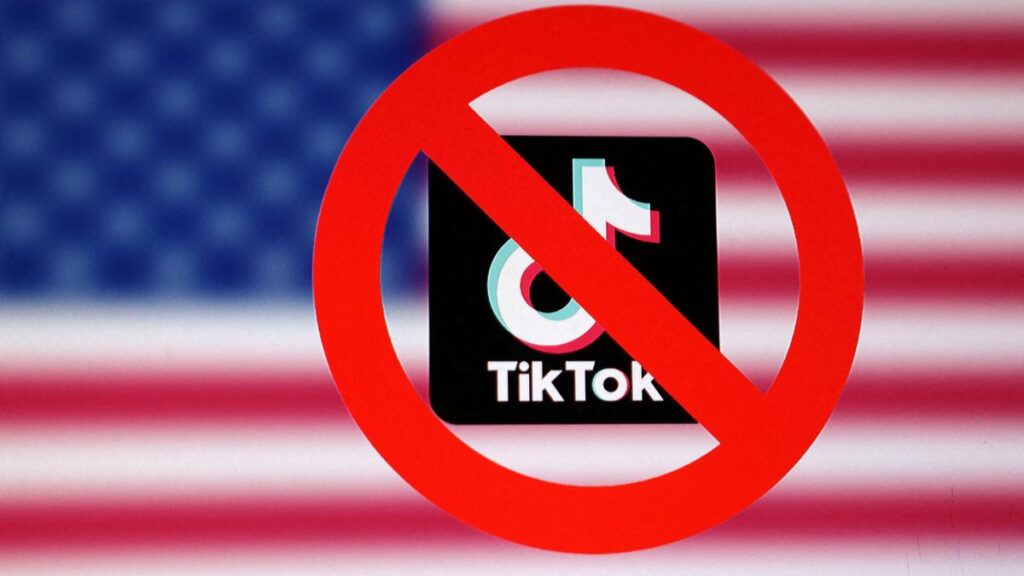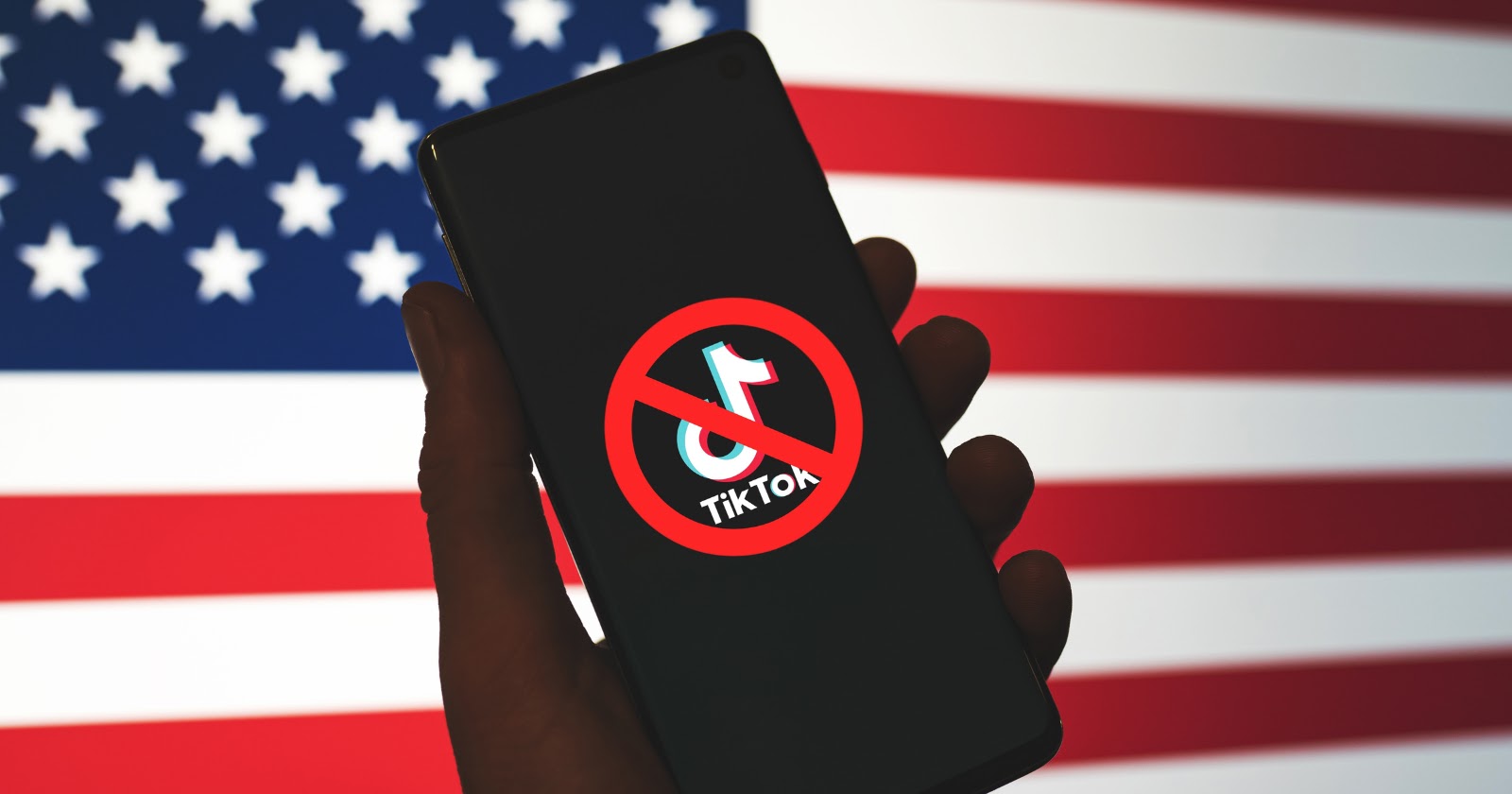The potential ban of TikTok in the United States has been a hotly debated topic, raising concerns about national security, data privacy, and the future of social media. This article will delve into the key factors driving the potential ban, explore the arguments for and against it, and examine the potential consequences.
The Core Concerns:
- National Security: The primary concern centers around TikTok’s parent company, ByteDance, a Chinese technology giant. US officials fear that the Chinese government could compel ByteDance to share user data, potentially compromising national security. This data could include sensitive information like user locations, browsing history, and even private messages.
- Data Privacy: Concerns extend beyond government access. Critics argue that TikTok’s data collection practices are overly intrusive, collecting extensive user data beyond what is necessary for the app’s functionality. This raises concerns about potential misuse of personal information and the risk of data breaches.
- Propaganda and Manipulation: There are fears that TikTok could be used to spread misinformation, manipulate public opinion, and even influence elections. The app’s powerful algorithm, which curates personalized content feeds, could be exploited for these purposes.
- Children’s Safety: The app’s addictive nature and potential exposure to harmful content raise concerns about the impact on children and adolescents. Concerns include mental health issues, cyberbullying, and the development of unhealthy social media habits.
Arguments for a TikTok Ban:

- National Security Priority: Proponents of a ban argue that national security must be prioritized, and the potential risks associated with TikTok are too significant to ignore.
- Protecting User Data: A ban would help safeguard user data and prevent it from falling into the hands of foreign governments.
- Leveling the Playing Field: Some argue that a ban would create a more level playing field for American technology companies, which face increasing competition from Chinese firms.
Arguments Against a TikTok Ban:
- Free Speech Concerns: Critics argue that a ban would violate the First Amendment rights of users and stifle free expression.
- Economic Impact: A ban could have significant economic consequences, impacting businesses that rely on TikTok for advertising and marketing, as well as the numerous content creators who earn a living through the platform.
- Unproven Threats: Many argue that the national security threats posed by TikTok are largely hypothetical and lack concrete evidence.
- Discriminatory Measures: Critics argue that a ban would unfairly target a specific company based on its country of origin, potentially setting a dangerous precedent for future trade and diplomatic relations.
Potential Consequences of a Ban:
- Loss of Access: Millions of Americans would lose access to the popular social media platform, impacting entertainment, communication, and social interaction.
- Economic Disruption: The ban could have significant economic repercussions, affecting businesses, content creators, and the overall digital economy.
- Geopolitical Tensions: A ban could further escalate tensions between the United States and China, impacting broader political and economic relations.
- Rise of Alternative Platforms: The ban could lead to the emergence of alternative short-form video platforms, potentially with similar data privacy and security concerns.
The Ongoing Debate and Potential Solutions:
The debate surrounding a TikTok ban is complex and multifaceted. While the concerns about national security and data privacy are valid, the potential consequences of a ban are also significant.
- Proposed Alternatives: Instead of a complete ban, some have proposed alternative solutions, such as:
- Forcing a sale: Requiring ByteDance to sell TikTok’s US operations to an American company.
- Increased Oversight: Implementing stricter data security and privacy regulations for TikTok.
- International Agreements: Developing international agreements to address data sharing and security concerns across borders.
Conclusion:
The future of TikTok in the United States remains uncertain. The potential ban raises complex legal, ethical, and geopolitical questions. As the debate continues, it’s crucial to consider all perspectives, weigh the potential benefits and risks, and explore alternative solutions that address concerns while minimizing negative consequences.
Disclaimer: This article provides general information and commentary on the TikTok ban debate. The situation is complex and constantly evolving.
